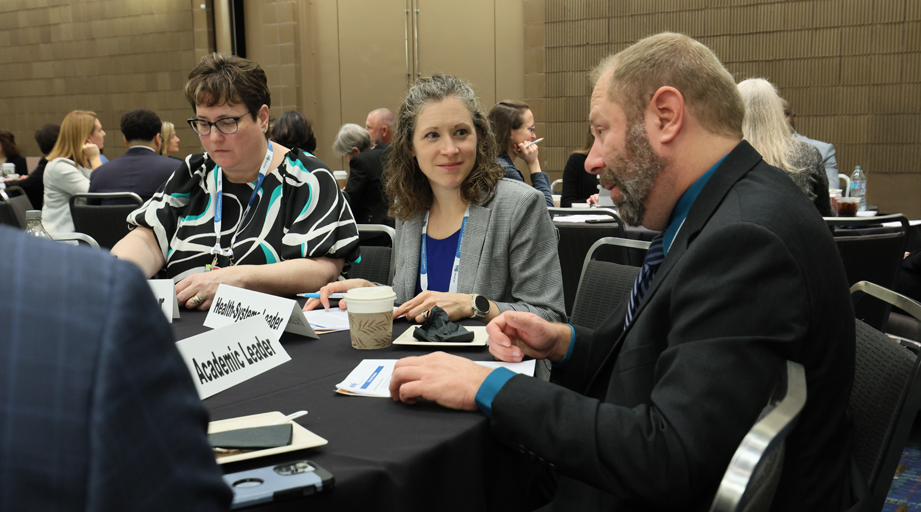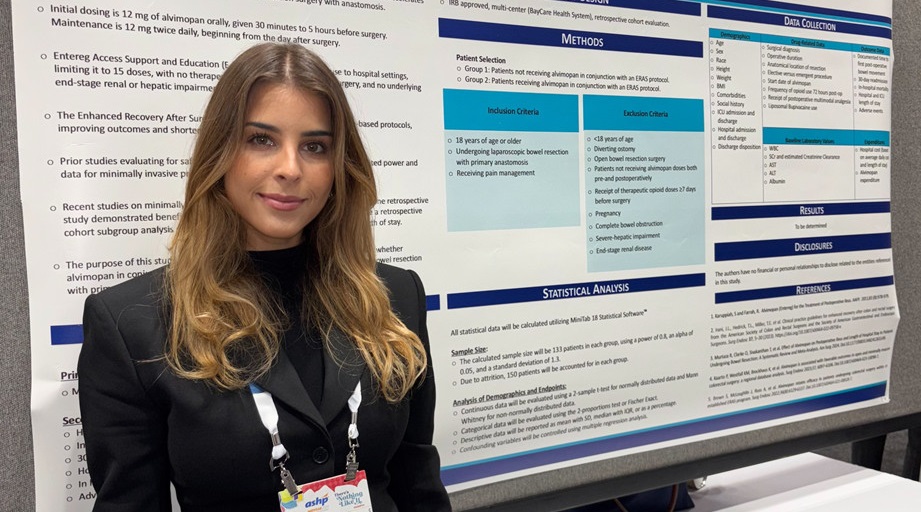
Just walk through the halls of the pharmacy school at the University of Tennessee’s health sciences campus in Memphis to see the commitment to diversity, said Marie Chisholm-Burns, dean since 2012.
“A large percentage of our students are of minority descent and are underrepresented” in the pharmacy profession, she said.
About 30% of the total student body, according to the school’s latest figure on enrollment, reports being from minority groups.
That’s in a city where the estimate from the federal government’s American Community Survey is that about 70% of the residents are members of racial groups other than white.
This past December, the University of Tennessee Health Science Center College of Pharmacy was recognized by the magazine Insight Into Diversity for demonstrating “an outstanding commitment to diversity and inclusion.”
The magazine bestowed a Health Professions Higher Education Excellence in Diversity (HEED) Award on the school, the only one in the pharmacy field to receive the honor in 2017.
Five pharmacy schools received a Health Professions HEED Award in 2016, the award’s inaugural year. Those schools were at the University of California, San Francisco; University of Illinois at Chicago; University of the Incarnate Word in San Antonio; University of New Mexico Health Sciences Center in Albuquerque; and University of North Carolina at Chapel Hill.
Chisholm-Burns said her college received the award primarily in recognition of educational activities, including research.
One such activity, she said, has been research into the racial and ethnic disparities among prescription drug users as to who meets the Medicare Part D criteria for being targeted to receive an offer of medication therapy management (MTM) services.
Researchers led by clinical pharmacy professor Junling Wang reported in 2015 that Hispanic Medicare beneficiaries would be less likely than non-Hispanic white Medicare beneficiaries to meet the criteria specified in the Patient Protection and Affordable Care Act for MTM services. While 86.4% of non-Hispanic whites and 86.3% of blacks in the nationwide study sample met the eligibility criteria for MTM services, only 80.6% of Hispanics did, the researchers found.
Earlier research by Wang and colleagues found that black and Hispanic adults not covered by Medicare would be less likely than non-Hispanic white adults not covered by Medicare to meet the original 2008 criteria for MTM services and the current criteria. The researchers wrote that they examined non-Medicare populations because many drug benefit plans outside of Part D offer MTM services and have patterned some of their eligibility criteria after the federal government’s.
“If you’re not eligible to get these benefits, who are we hurting?” Chisholm-Burns asked.
Locally, researchers evaluated whether there were racial and socioeconomic disparities among areas in the county for drug pricing, pharmacy services, and access to community pharmacies.
“Everything looked pretty good until we looked at ... delivery services,” Chisholm-Burns said.
The finding, she noted, was not surprising: Pharmacies in areas with low average incomes, low employment rates, and high scores for personal crime risk tended not to offer medication delivery services.
“You can imagine how that just follows through to health outcomes,” Chisholm-Burns said.
Other research has looked at racial and ethnic disparities among patients with breast cancer, pancreatic cancer, or prostate cancer.
Chisholm-Burns said the college’s students venture into the community to conduct health fairs, blood pressure screenings, and point-of-care testing.
And upon graduation, many of these students return to their community or region, she said. Many others stay in the greater Memphis area.
Memphis is in southwest Tennessee, near Mississippi and Arkansas. Chisholm-Burns estimated about 25% of the Memphis campus’s students are from outside the state, mainly the Delta.
[This news story appears in the January 15, 2018, issue of AJHP.]










